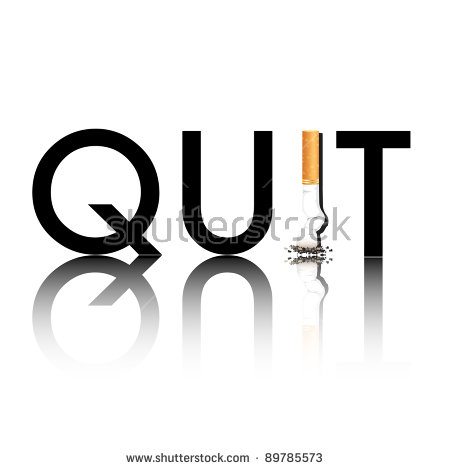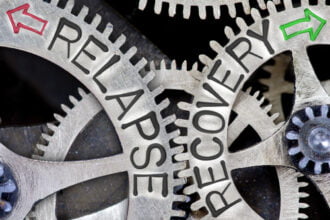It is no news that quitting the obnoxious habit of smoking can significantly improve your physical health. Though one cannot attribute any one factor to cancer, smoking has often been associated with lung, mouth and several other kinds of cancer. Therefore, it does not require spelling out that you would be doing your physical and mental health a huge favor by quitting smoking once and for all. However, doing away with this habit is not as easy as we have made it sound. Addiction works in strange ways and changes the way we behave and interact with the world. It changes the way we think, behave and wires our brains in ways that make it impossible to see through the haze and make the right decisions about our health and life. And a habit like that of smoking can sink its teeth deep into our brains and change us for the worse. That is why people start suffering from withdrawal symptoms and several other mental health issues, the most common being depression, once they decide to quit smoking.
In this article, we shall shed light on the reasons you might suffer from temporary depression on quitting smoking and also talk about the ways in which you can combat the symptoms. An awareness of what is coming can help you navigate the rough period with more ease and help you adjust to a better and healthier lifestyle quicker than you had fathomed.
Nicotine Withdrawal- the Main Reason for Temporary Depression:
Nicotine withdrawal is considered to be the main reason for people suffering from temporary depression after having quit smoking. Using nicotine on a daily basis makes your brain dependent on the substance. This is because the brain receptors bond with it and release the happy or feel-good neurotransmitter known as Dopamine.
Once you stop smoking, your brain starts producing less Dopamine and, therefore, leads to depression and wild mood swings. Losing your daily dose of nicotine results in feeling hopeless because you lose what you assumed to be your only companion who helped you manage anger, loss, stress and everything in between.
However, it is essential that you keep reminding yourself that this feeling is only temporary and way different from what clinical depression actually is. This is a temporary period of depression and can be combated easily by being aware, responsible and with a little bit of help.
Coping Mechanisms:
There are a number of ways to navigate this temporary period of depression. While some take the help of medication that can be found on sites like numan, some opt for more natural ways to handle the symptoms. You only need to be aware of them and have a bit of determination to make it through the phase. In this section of the article, we shall mention a few coping mechanisms for you to consider so that you can try them out as soon as you find yourself spiraling towards a bottomless pit of darkness and depression.
Spend Time in Nature
Try taking long walks and breathe in fresh air. Nature is alleviating and has the potential to heal several maladies. It is not for nothing that doctors advise their patients to take a trip to the mountains or any place where the air is purer and fresher than what we have in the city. Trade your cloud of smoke for fresh air for once, and you shall be able to note the difference in a few days.
Find a Support Group or Spend Time with Your Loved Ones
Join a support group or spend time with people who love you and are concerned about you. There is no shame in joining a support group or seeking help from people. Remind yourself that you cannot always do everything on your own. Dealing with addiction is a real problem, and quitting, more so. Therefore, try to stay in touch with people who remind you how you can live a healthier life and help you do the same.
Remind Yourself that There is a Better Life Awaiting You Once You Quit Smoking
Remind yourself that it is just addiction, and there is nothing you are going to miss on quitting the habit. In fact, as gruesome as this initial phase of depression and withdrawal might be, there is a much better life waiting for you at the other end of the tunnel. You only need to find the right support, treatment and therapy to make it through the tunnel and ditch this habit for eternity.
Wrapping Up:
Quitting smoking might be one of the most difficult decisions you make in your life, but it is also something that can benefit you in more ways than one. We are aware of how physically rewarding it is to quit smoking, but what we often fail to see is that quitting this habit also has multiple mental health benefits. Therefore, once you make it through the initial rough phase of depression and withdrawal, you shall be able to live a better, wholesome and more fulfilling life.










